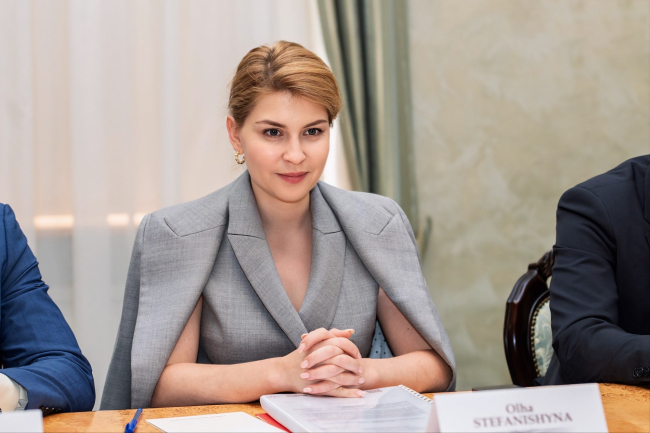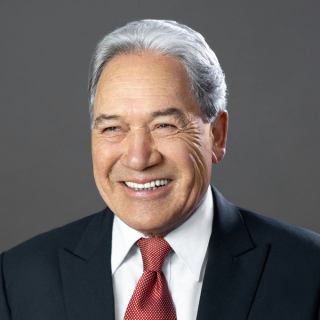
Practical information
Registration for this event is now closed.
Find out more about our donor programsThursday June 18th
Welcome and introduction, Laurence Nardon, Head of the Space Policy Program,Ifri and Ray Williamson, Executive Director, SWF
Session 1 : The EU draft Code of Conduct on Outer Space Activities
Moderator : Ray Williamson
- Presentation of the EU draft Code of conduct : Petr Lala, Expert on International Cooperation in Space, Czech Space Office. (pdf-32ko)
- Transparency and Confidence-Building Measures in space : Victor Vasiliev, Deputy Permanent Representative of the Russian Federation to the United Office in Geneva
- How does the "Set of Best Practises" interact with the Code ?, Gérard Brachet, Consultant, France.
(pdf-212ko)
1. Do the different sets of measures replicate each other, complement each other, are some incompatible ? Should we proceed with all of them in parallel ? Do some proposed measures undercut the projected efficacy of others ?
2. What mechanisms do we use to develop technical standards and practices such as : what distance is safe between satellites ?, what limits do we place on the operation of lasers? or how to set up data sharing mechanisms between governments, private companies, military and intelligence entities; What can be dealt with by technical experts ? What needs to be resolved diplomatically ?
3. How do we get countries to respect these legally non-binding measures? What sanctions or other responses might be available for those who do not live up to their agreements?
Session 2 : Additional Proposals for Space Security
Moderator : Laurence Nardon
- Chinese Perspectives on Outer Space Security, Teng Jiaqun, Deputy Secretary General, China Arms Control and Disarmament Association
- Presentation/Advocacy of a Kinetic-Asat Ban Treaty Proposal, Sam Black, Research Associate, The Henry L. Stimson Center (pdf-268ko)
- Prelude to a Space Security Treaty -Canada's recent intervention within the Conference on Disarmament, Phillip Baines, Deputy Director, Non-Proliferation and Disarmament Division, Department of Foreign Affairs and International Trade, Canada
1. Can the different proposals work together or are they incompatible ?
2. What are the technical difficulties associated with each proposal and can they be overcome ? How to limit deployment of the jamming systems that are already in existence ? How about debris-creating tests ? How about verification issues ?
Session 3 : How do the different Proposals relate ?
Moderator : Ray Williamson
- A legal perspective, Frans von der Dunk, Harvey and Susan Perlman Alumni/Othmer Professor of Space Law-Space and Telecommunications Law Program, University of Nebraska-Lincoln, College of Law
- An international perspective, Theresa Hitchens, Director, UNIDIR
What are the interactions between the Code and TCBM proposals on the one hand, and the efforts for a more binding agreement on the other: does the code undermine the effort for a treaty, or does it pave the way for a treaty ?
Can we engineer this one way or the other ? What is the current situation at Unidir with respect to discussing these issues ?
Friday June 19th
Introductory presentation on the June 2009 COPUOS Session by Ciro Arevalo, Chairman, COPUOS, United Nations
Session 4 : Achieving better space monotoring now
Moderator : Agnieszka Lukaszczyk, Space Policy Consultant, SWF
- Synthesis of all current efforts to monitor space, Ray Williamson, Executive Director, Secure World Foundation
- Discussion, Dick Buenneke, Deputy Director, Space Policy, Office of Missile Defence and Space Policy, State Department
1. What worldwide SSA architecture do we want: one or several information centers ?
2. How do we strike the right balance between integration of data and the preservation of sensitive information ?
3. Can we enhance the present system with a few simple measures in the next few months ?
Other events

Navigating War, Reforms, and Secure Future: Ukraine’s EU and NATO Accession Path
Exclusive conve

Lunch debate with Winston Peters, Deputy Prime Minister and Minister of Foreign Affairs of New Zealand
Discussion co-chaired by Thierry de Montbrial, Executive Chairman of Ifri, member of the Academy of Moral and Political Sciences, and Marc Hecker, Deputy Director of Ifri (in English without translation).

Shaping Europe’s Technological Sovereignty
In the wake of Donald Trump's re-election in the United States, Europeans face a crucial imperative: rethinking their sovereigny, especially in the technological realm. What will be the strategic priorities and action levers of the new European Commission on this issue? What assessment can we make of the previous Commission’s achievements and challenges in navigating Sino-American technological competition, transatlantic dependencies, and emerging global partnerships?










